More drama unfolds as breakaway candidates withdraw from Pakistan Senate vote
Late-night development secures significant breakthrough for Khan's PTI party
Kamran Ali
Correspondent Nukta
Kamran Ali, a seasoned journalist from Khyber Pakhtunkhwa, Pakistan, has a decade of experience covering terrorism, human rights, politics, economy, climate change, culture, and sports. With an MS in Media Studies, he has worked across print, radio, TV, and digital media, producing investigative reports and co-hosting shows that highlight critical issues.

A group of breakaway candidates from former Prime Minister Imran Khan’s party have pulled out of Pakistan’s upcoming Senate election in a major political shift, potentially clearing the way for Khan’s allies to dominate the vote in a key province.
Four of the five dissident candidates affiliated with Khan’s Pakistan Tehreek-e-Insaf (PTI) party — Irfan Saleem, Ayesha Bano, Irshad Hussain, and Waqas Orakzai — have withdrawn from Monday’s Senate election in Khyber Pakhtunkhwa, a province in northwestern Pakistan bordering Afghanistan. Only one dissident candidate, Khurram Zeeshan, remains in the race.
The withdrawals mark a significant development in Pakistan’s increasingly polarized political landscape, with Khan jailed since 2023.
What are the numbers?
The Senate election will decide 11 new lawmakers in Pakistan’s upper house of parliament — seven general seats, two for women, and two for technocrats or religious scholars.
A total of 145 members of the Khyber Pakhtunkhwa Assembly are set to cast their votes in the Senate elections, taking place on Monday. The opposition holds 53 seats, while the ruling PTI commands a majority with 92 members.
According to sources, the government and opposition reached a mutual agreement to field consensus candidates for the Senate elections, allocating six seats to the ruling party and five to the opposition.
“Had the disgruntled candidates not withdrawn, it could have split PTI’s vote bank and cost the party crucial seats,” one source who requested anonymity told Nukta.
Sources further revealed that Zeeshan, the only remaining dissident candidate, did not campaign for votes, making his chances of winning minimal. “PTI has issued clear instructions to its members not to vote for him,” the source added.
Originally, the race in Khyber Pakhtunkhwa was shaping up as a three-way contest between PTI, its dissident faction, and a loose coalition of opposition parties.
The exit of the dissident candidates now appears to tilt the balance, pitting Khan's loyalists and opposition lawmakers against each other.
PTI's strategy against horse-trading
The withdrawal of dissident candidates has paved the way for the party’s unopposed election strategy—aimed at averting possible horse-trading.
While Hussain submitted a written withdrawal to the party, the remaining three confirmed their exit through video statements.
However, the plan hit a snag as one of the five dissenting candidates, Zeeshan, refused to withdraw, blocking efforts by the provincial government and opposition to elect senators unopposed.
More controversy
The controversy erupted after Barrister Saif, advisor to the Khyber Pakhtunkhwa chief minister, met with the party’s incarcerated leader Khan, and announced the final list of PTI’s Senate candidates.
The list included former senator Mirza Afridi — a move that sparked backlash from dissident members, who labelled Afridi a “parachuter” and “ATM machine,” while expressing outrage over the exclusion of Irfan Saleem, widely regarded within the party as an ideological loyalist.
Orakzai said he decided to withdraw from the Senate race after receiving assurances that the final list of candidates had been approved by Khan.
“We never sought any position,” said Saleem, adding that their stance was based on principles. “We cannot compromise on Khan’s vision, which stands firmly against authoritarianism within the party,” he added.
Bano said she withdrew from the Senate race with a heavy heart, stressing that her group had stood by the workers whose sacrifices had brought the party to its current position.
"Workers must never be ignored — their struggle ensured the party’s survival," she said, adding that she was stepping aside in deference to Imran Khan’s decision.
However, she urged that future communication from the party chairman be conveyed through a trustworthy source.
"Make sure next time we hear directly from Imran Khan through someone credible — not Barrister Saif, whom we do not trust," she said.
Defiance could cause termination from party
In a defiant stance, Zeeshan rejected calls to withdraw from the Senate race, declaring he is not contesting for a Senate seat but for a cause. "I’d rather die than step aside," Zeeshan said, vowing to stand against the elite class that, according to him, sidelines dedicated party workers in favor of decisions made behind closed doors.
The withdrawal of the party’s disgruntled Senate candidates followed the chief minister’s warning that defiance could result in action leading to termination of party membership.
A day earlier, Khyber Pakhtunkhwa Chief Minister Ali Amin Gandapur said the decision to elect senators unopposed was part of a broader strategy to thwart any chances of horse-trading in the province. He cautioned that strict action would be taken against anyone found violating party discipline.
Legal and political showdown
Last month, Pakistan’s Election Commission ruled against PTI’s claim to several reserved seats in the Senate, handing those seats instead to the opposition and a PTI splinter group called the PTI-Parliamentarians.
The ruling drew protests in the provincial assembly, where lawmakers accused the speaker of blocking their participation.
The Peshawar High Court intervened to break a political deadlock and authorized the provincial governor to swear in lawmakers selected for reserved seats—positions meant to represent women and minorities—after the assembly speaker abruptly adjourned a session meant for their oath-taking.
These lawmakers had been officially recognized weeks earlier by the Election Commission but had yet to be sworn in due to delays in the provincial legislature.


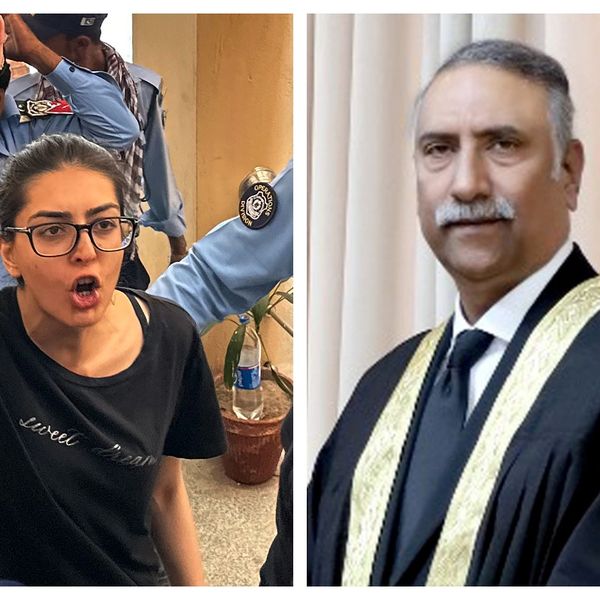
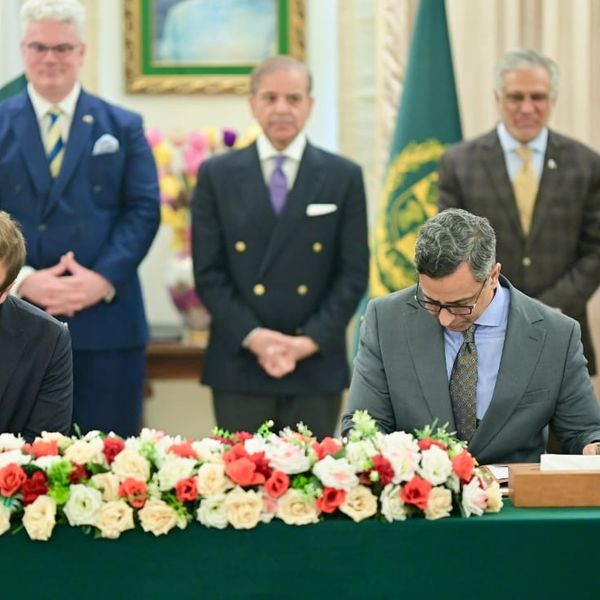
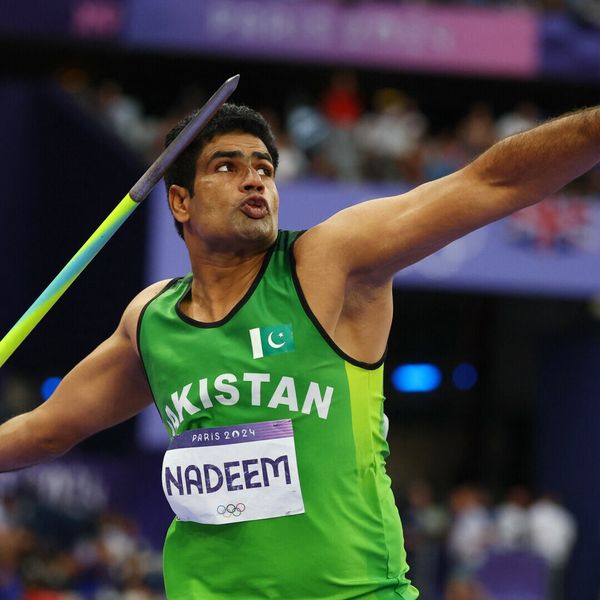
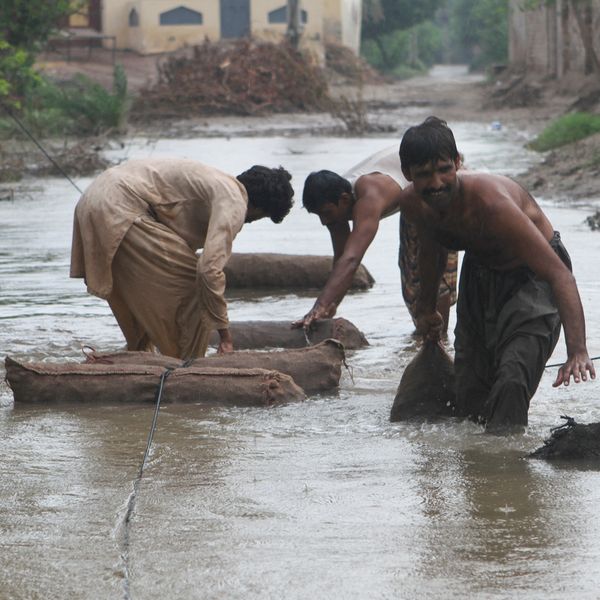


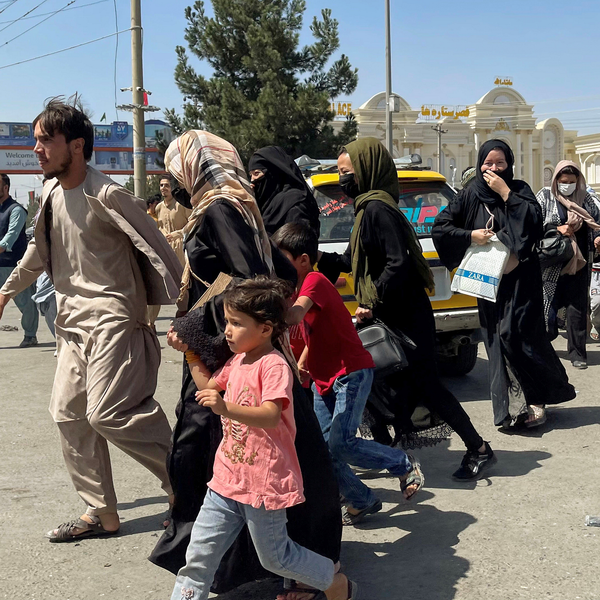

Comments
See what people are discussing